Complexities of Counterfeit IDs: Ethics, Benefits, and Social Impact
Complexities of Counterfeit IDs: Ethics, Benefits, and Social Impact
In the digital age, where identities have become the most important asset in our personal and professional lives, the landscape of counterfeit IDs has radically changed. What was once a crude craft marginalized by society has now evolved into a sophisticated industry that uses cutting-edge technology to mimic the authenticity of official documents with astonishing accuracy. This article delves into the complexities of fake IDs, examining their ethical dilemmas, practical advantages, and the wider social impact they have.
Advances in Fake ID Technology
Today’s high-tech fake IDs, such as the New York Fake ID, turn traditional notions of counterfeiting on their head. They feature holographic features, UV-reactive inks, and embedded barcodes and magnetic stripes that replicate the complexity of real IDs with astonishing accuracy. These advances make fake IDs virtually undetectable to the naked eye and capable of fooling even the most sophisticated scanning systems. From college dormitories to international borders, these fake IDs have infiltrated every corner of society, sparking debate about their ethics and functionality.
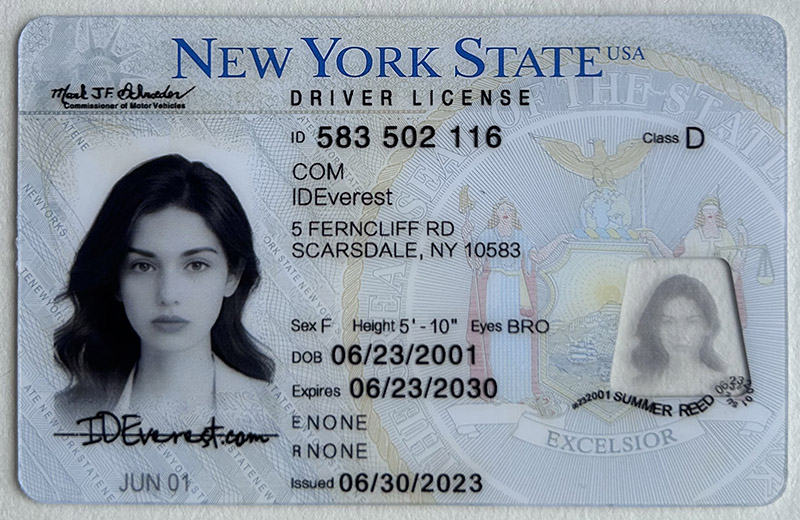
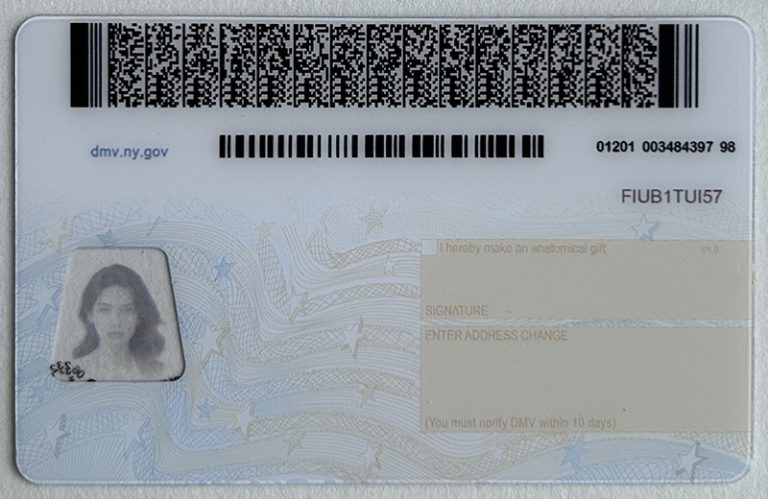
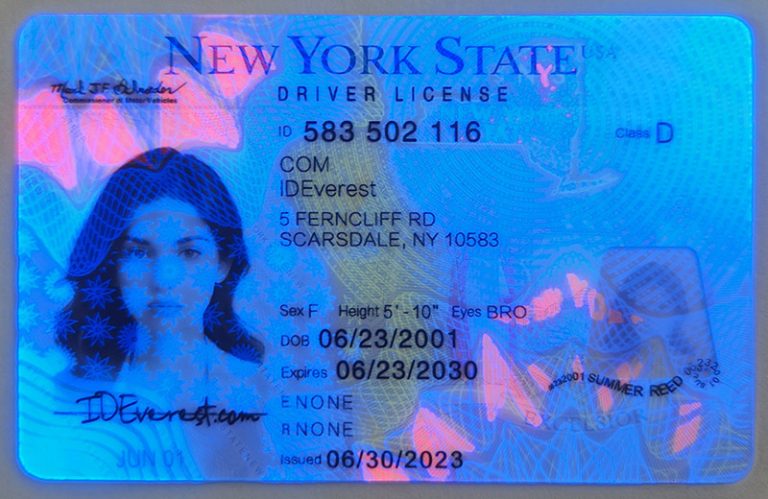
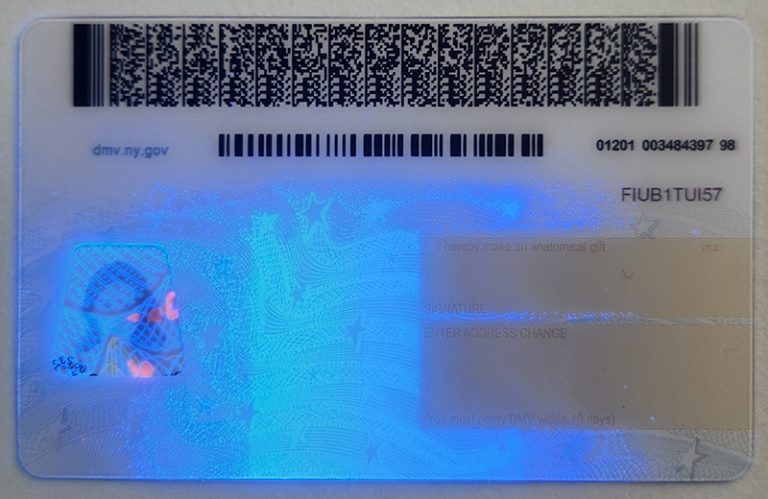
Access to Restricted Spaces and Opportunities
One of the most controversial yet prevalent uses of fake IDs is as a tool to circumvent age restrictions. In an age where social life revolves around bars, nightclubs, and events with strict age policies, young people often feel excluded from these activities. Fake IDs provide these individuals with a backdoor, allowing them to expand their social horizons and experience a wider range of lifestyles. For international students and tourists who may not be fully aware of local age regulations, a well-crafted fake ID becomes an essential ally in acclimating to the local culture.
Beyond social settings, fake IDs also play a role in the employment arena. In the gig economy, flexibility and autonomy are valued, and strict age or residency requirements can limit workers’ access to the job market. Scannable fake IDs, such as the Washington fake ID or Ohio fake ID, allow job seekers to bypass these barriers and open up new opportunities in various states or industries. Additionally, in professions that require anonymity, such as nightclub promoters or independent contractors, fake IDs can provide a level of security and distance from personal life.
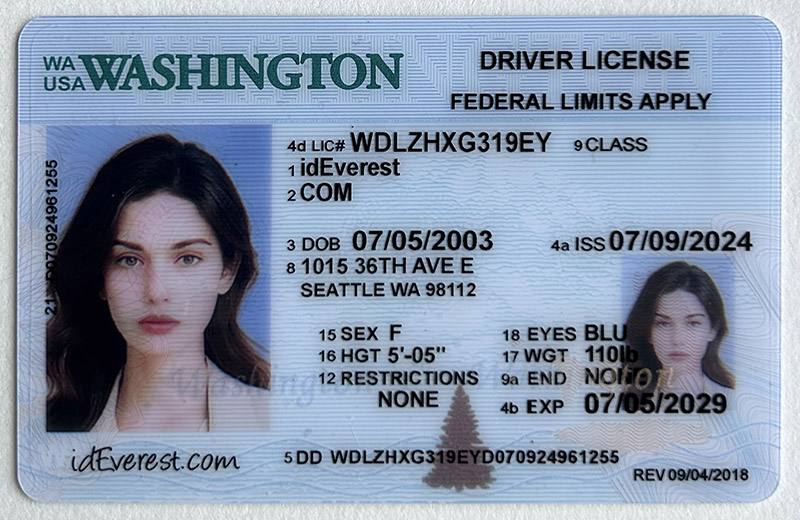
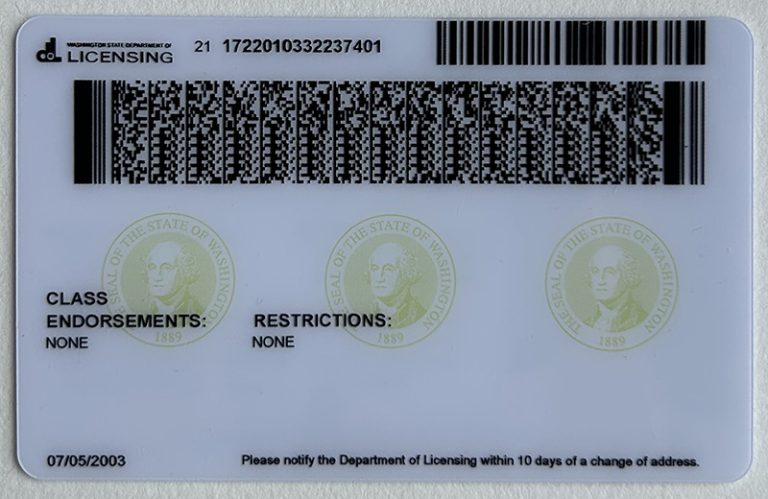
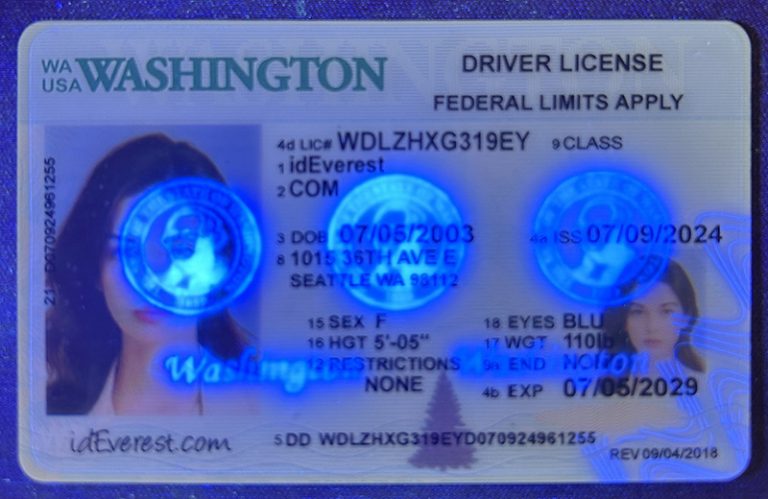
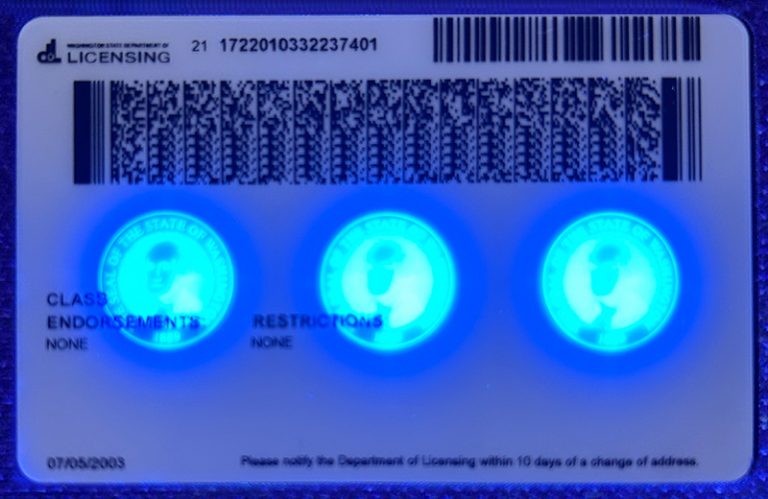
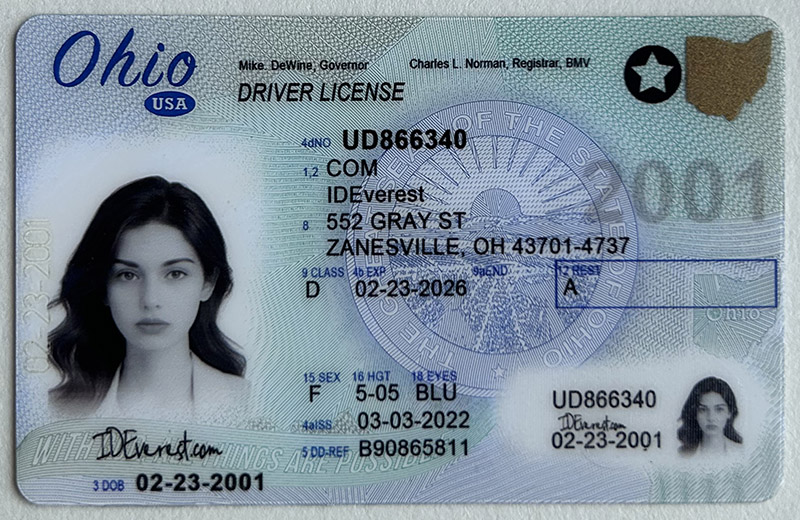
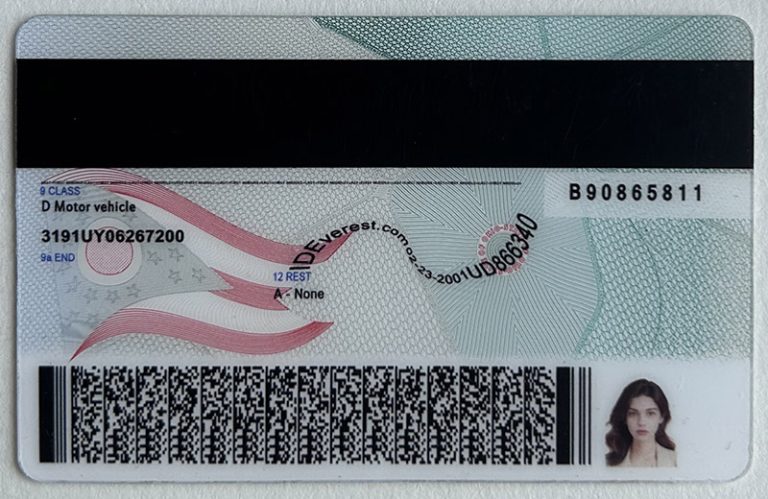
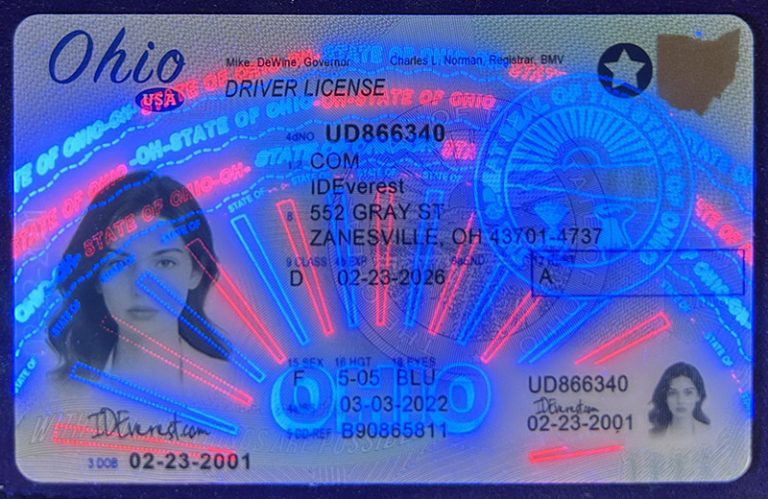
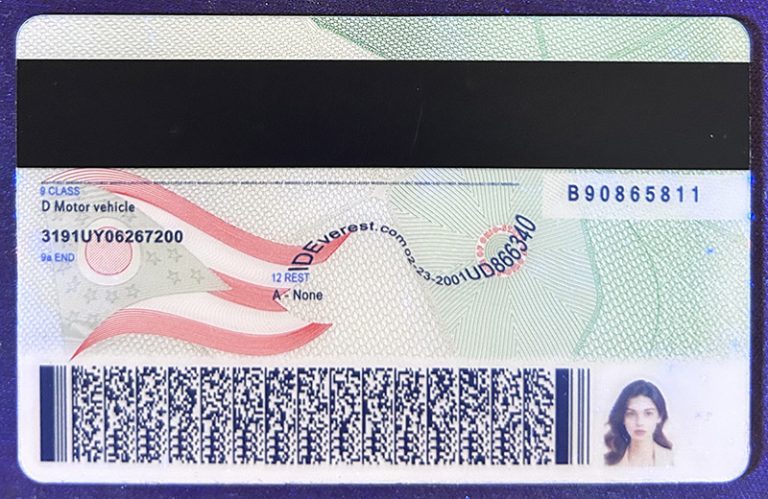
Convenience and Usefulness While Traveling
The benefits of fake IDs are not limited to local activities; they are equally valuable to travelers. Age restrictions can be a major barrier, especially when renting a car, booking a hotel room, or attending an event that requires proof of age. Fake IDs allow travelers to bypass these barriers and enhance their vacation experience. Additionally, for tourists traveling in unfamiliar areas, a high-quality fake ID that matches the local culture can serve as a convenient and effective form of identification.
Access to Age-Restricted Goods
The legality of alcohol, tobacco, and even marijuana varies from state to state in the U.S., creating a complex environment for individuals seeking these products. While the ethics of using fake IDs to purchase age-restricted goods may be debatable, it is undeniable that they provide a means for people with legitimate needs, whether recreational or medicinal, to obtain these items. For example, a young person living in a state with strict regulation may turn to a fake ID to purchase medical marijuana prescribed by a doctor in another jurisdiction.
Enhance Privacy and Security
In a world of increasing data breaches and identity theft, people are becoming more cautious about sharing personal information. Fake IDs provide a shield that allows users to minimize the risk of exposing sensitive information during a transaction or interaction that could compromise their security. From signing up for an online service to signing up for a gym membership, fake IDs can act as a decoy, protecting a user’s real identity from potential threats.
Bypass Bureaucratic Barriers
Obtaining official identification documents in the United States can be a time-consuming process, especially for immigrants, international students, or those transitioning across state lines. During these challenging times, high-quality fake IDs can serve as a temporary substitute, providing users with convenience and peace of mind, allowing them to continue their daily lives until their legal ID documents are processed.
Ethical Dilemmas and Social Implications
Amid the myriad advantages of fake IDs, there are significant ethical and social issues that cannot be ignored. Underage drinking, fraud, and identity theft are just some of the consequences that arise from the misuse of these forged documents. The widespread use of high-tech fake IDs highlights the need for more effective identity verification systems and stronger regulations to prevent their misuse.
Furthermore, the prevalence of fake IDs undermines the integrity of the legal system and official records. It challenges the fundamental assumption that ID documents accurately reflect an individual’s identity and eligibility for various rights and privileges. Therefore, society must strike a balance between meeting individual needs and maintaining the sanctity of legal identity.
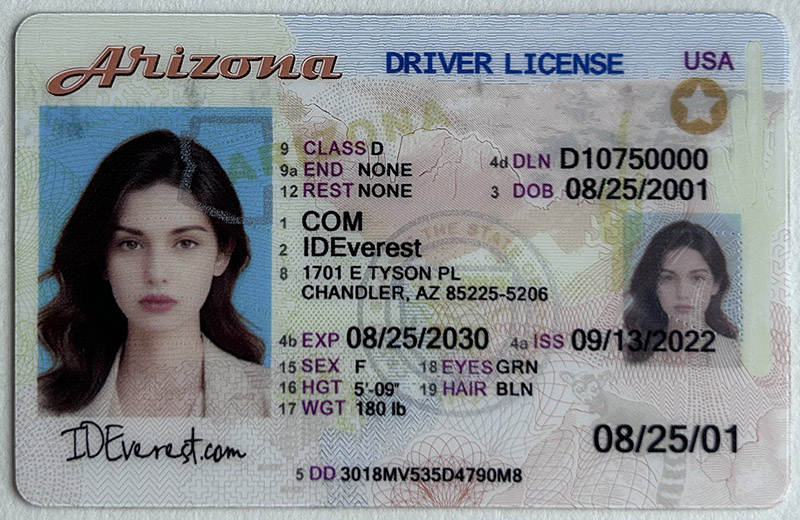 Arizona Fake ID Cards
Arizona Fake ID Cards
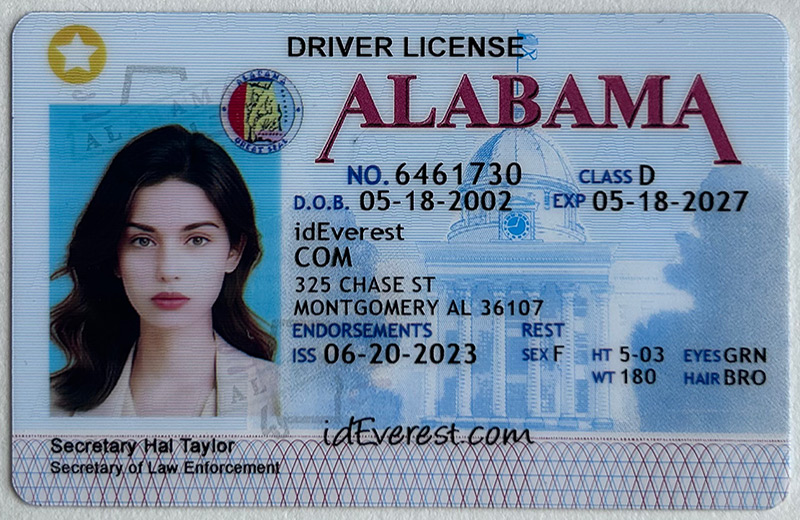 ideverest scans Alabama fake I
ideverest scans Alabama fake I
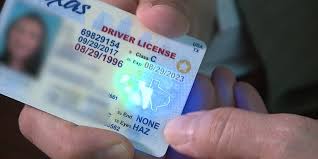 Fake Florida DL
Fake Florida DL
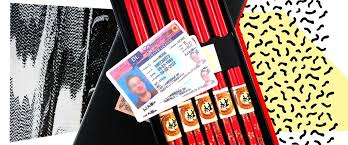 scannable Fake US-Green Card
scannable Fake US-Green Card